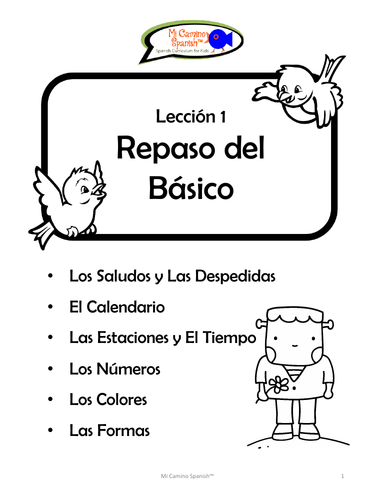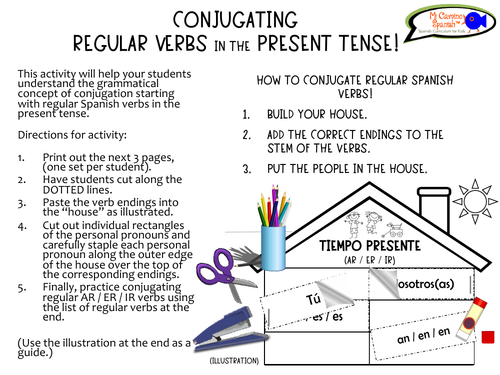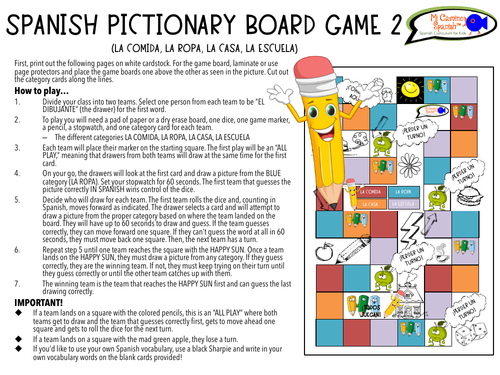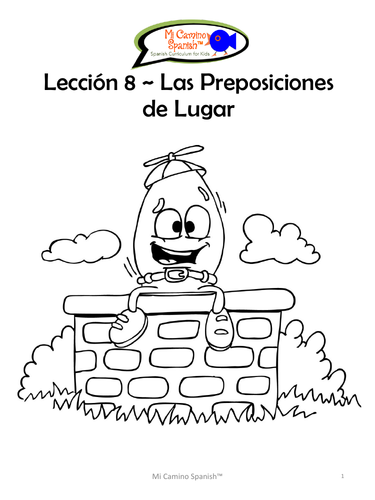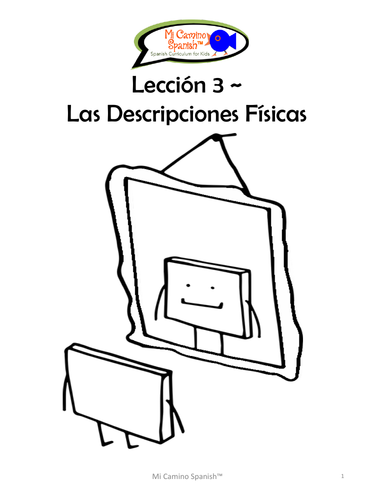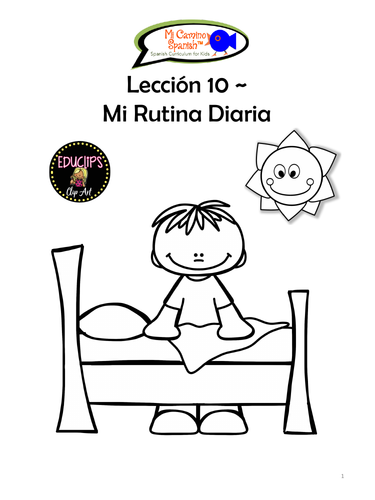Mi Camino Spanish
I am currently a Spanish teacher and I was tired of looking for effective, straightforward teaching resources for my Spanish students so I decided to make them myself! Prior to teaching, I was professionally trained in curriculum design & development. Today, my materials and approach to teaching Spanish are used by Spanish teachers all across the country! I am new to TES but wanted to explore another avenue for sharing my teaching resources with as many people as possible! Happy teaching!



